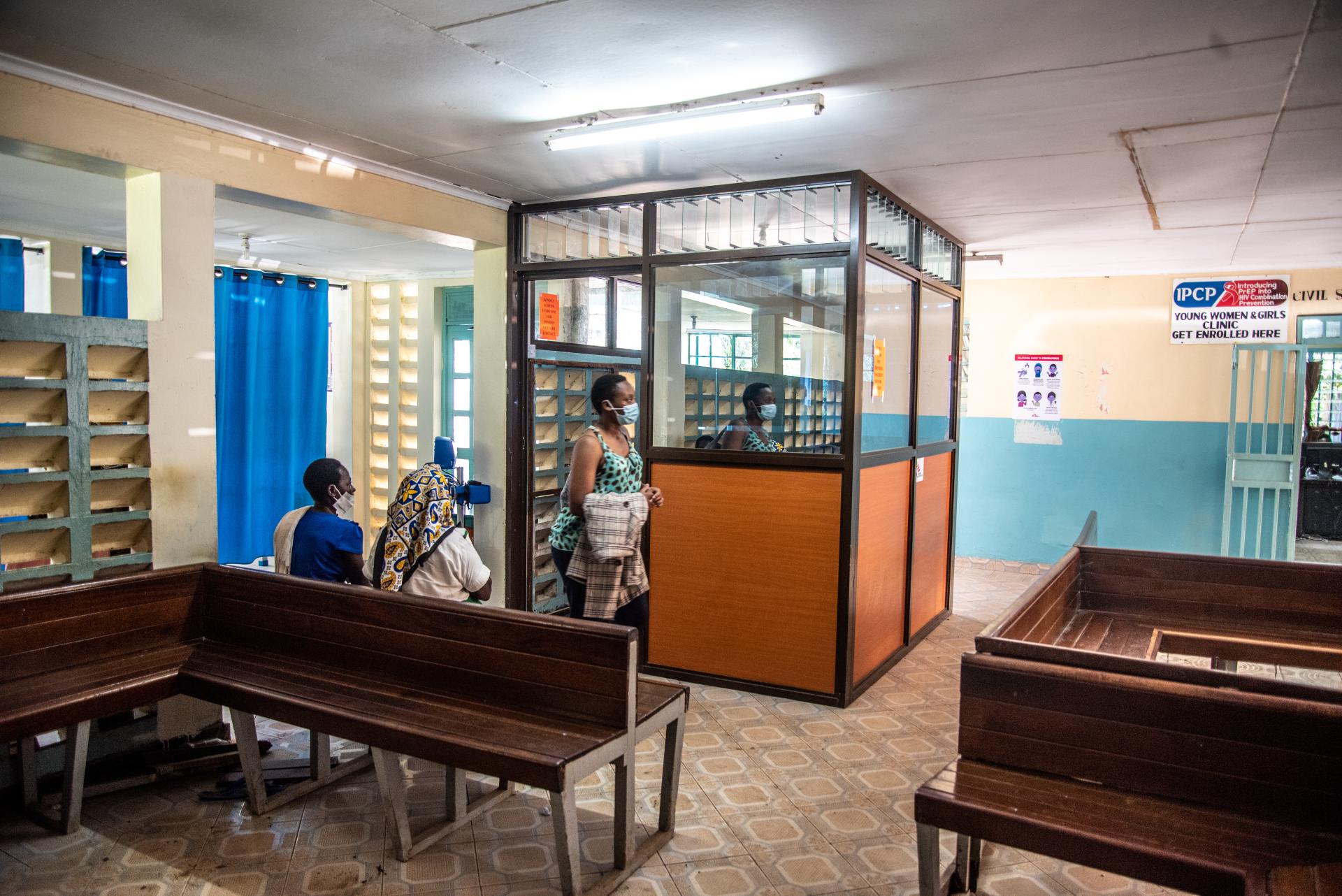International medical humanitarian organisation Médecins Sans Frontières/ Doctors Without Borders (MSF) is deeply concerned by the impact of the ongoing health workers’ strike on emergency and life-saving medical activities in Homa Bay County.
The strike comes at a time when the country is battling the COVID-19 pandemic and as a result even the isolation facilities specifically set up for this purpose have been closed, which hampers effective response to the disease outbreak. As of August 25th, there have so far been 47 confirmed cases of COVID-19 in the county.
Access to care in the county remains limited and MSF has had to pick up the running of emergency services at the outpatient area of the Homa Bay County Teaching and Referral Hospital (HBCTRH). With support from MSF, the hospital’s adult medical wards – which admit adults with common medical problems such as HIV, tuberculosis, diarrheal diseases, malaria among others – remain open to those in need of life-saving medical care. All the other wards in the hospital are closed. Other patients needing admission and surgical services are triaged at the outpatient area and referred to private health facilities.
Prior to the COVID-19 pandemic, mortality rates at the hospital adult medical wards were already quite high, at 15% of all inpatient admissions, with close to half of the patients dying within the first 24 hours of admission. MSF is concerned that lack of access to care, or delays in people receiving medical attention could result in even higher mortalities, many of which may go unrecognized in the community.
“Already with the impact of COVID-19, mortality rates have increased as people have stopped coming to the hospital and those who do, come too late, when they are in very critical state,” says Anne Cugier, MSF’s head of mission. “Emergency and lifesaving services should resume urgently, to alleviate suffering and avoid preventable loss of life which may result from lack of access to critical services.”
Homa Bay County has one of the highest prevalence rates of HIV in the country: more than four times the national average. Antiretroviral (ARV) treatment failure and advanced HIV diseases also contribute to increased morbidity and mortality in the Homa Bay hospitals.
“With the closure of even the comprehensive care (CCC) facilities for HIV-positive patients, we could be staring at a crisis and major drawbacks in the gains already made in reducing preventable deaths from HIV,” adds Cugier.
MSF has been working in Homa Bay since 1997 and currently supports HIV services in 30 government health facilities, focusing on improving the holistic management and follow-up of patients with advanced HIV, paediatrics and adolescents, and patients on second and third-line antiretroviral therapy (ART).
